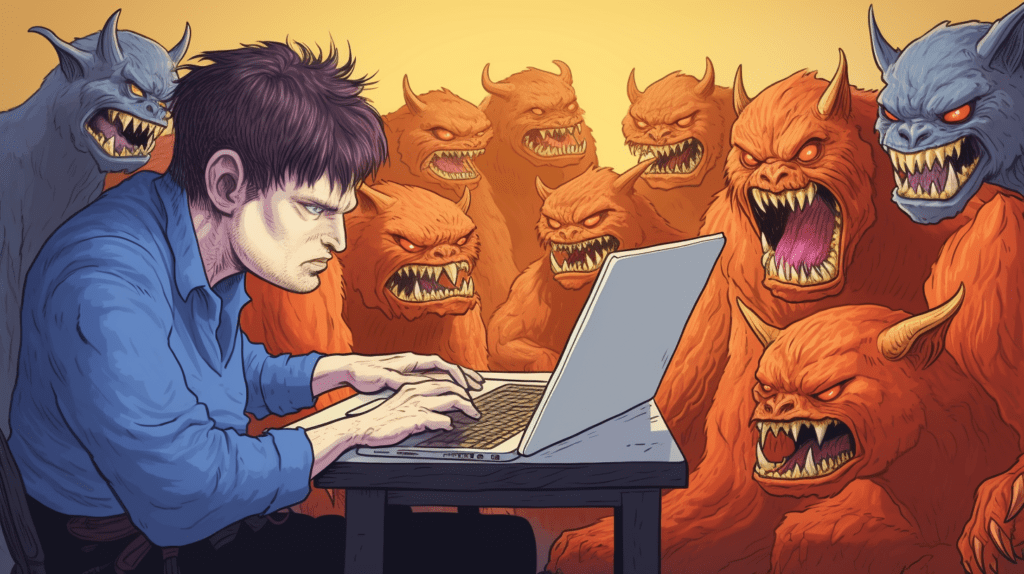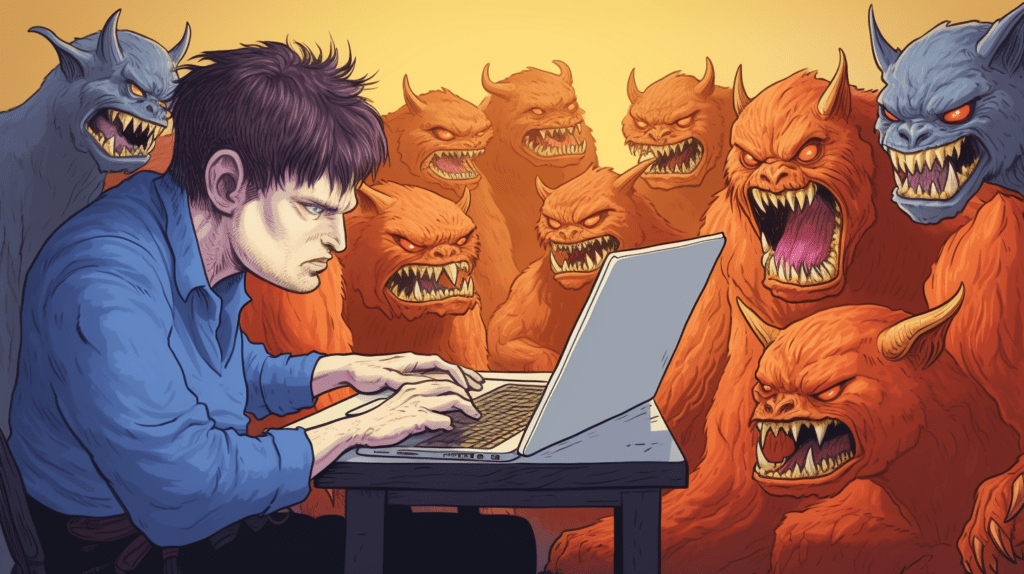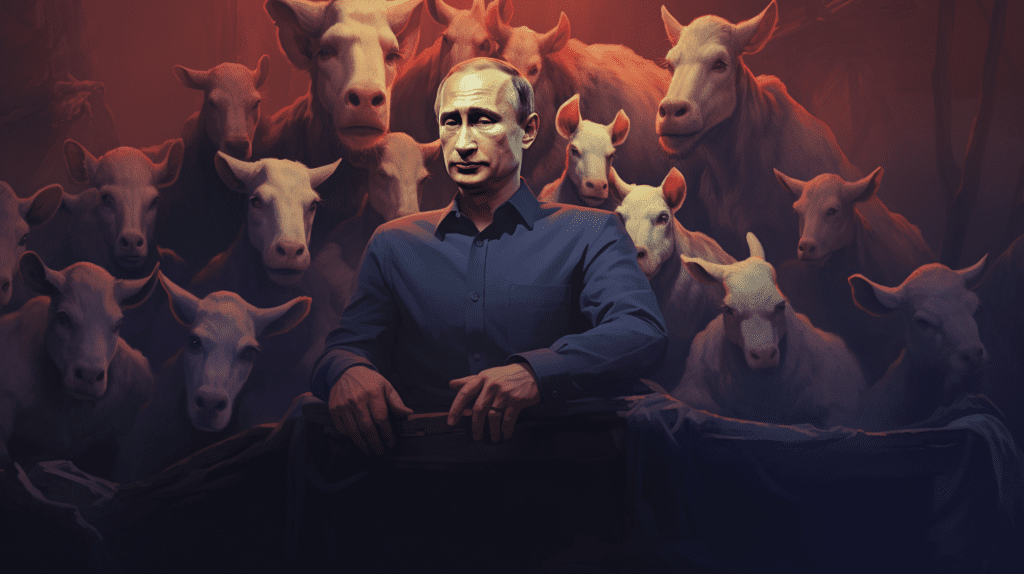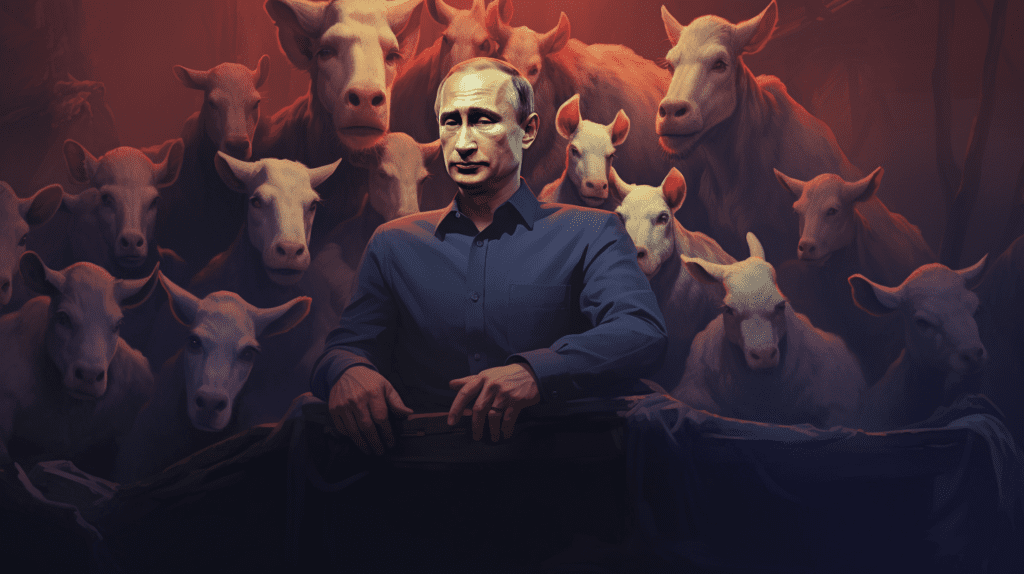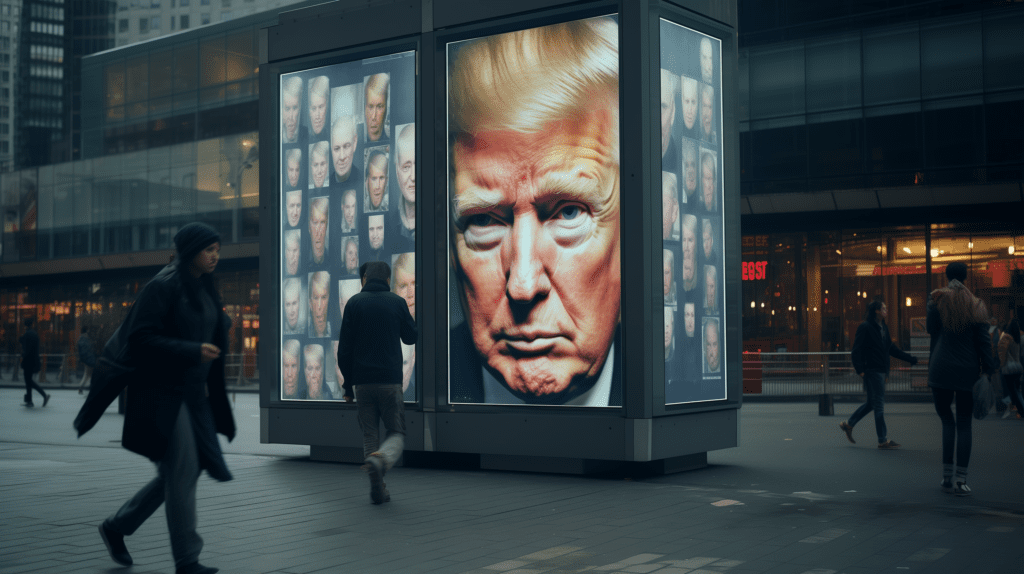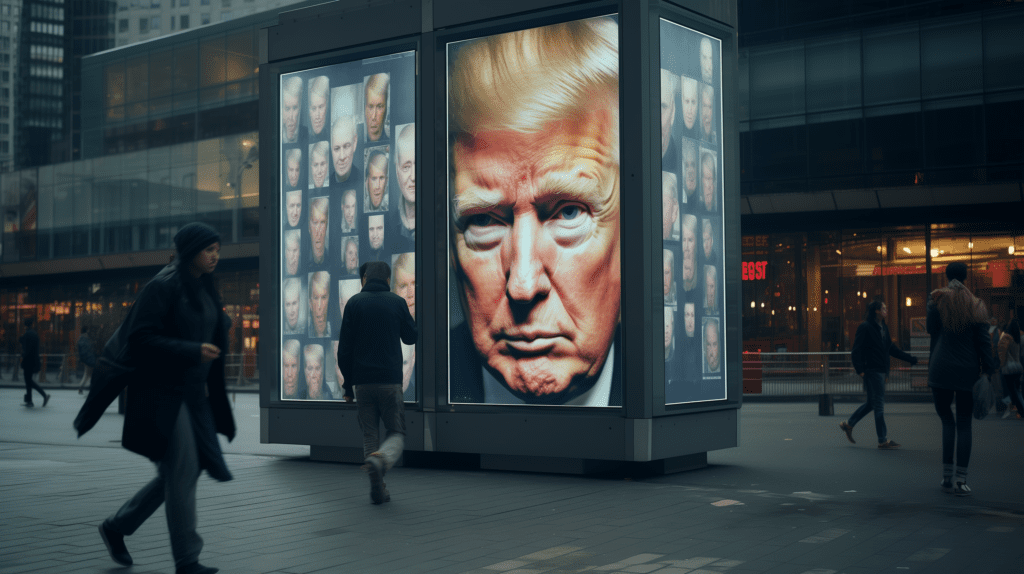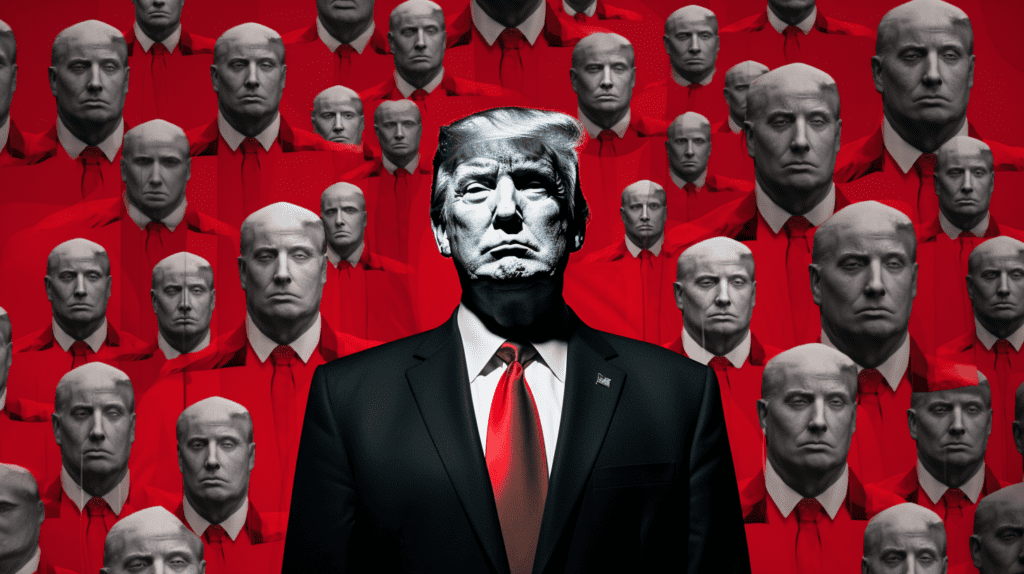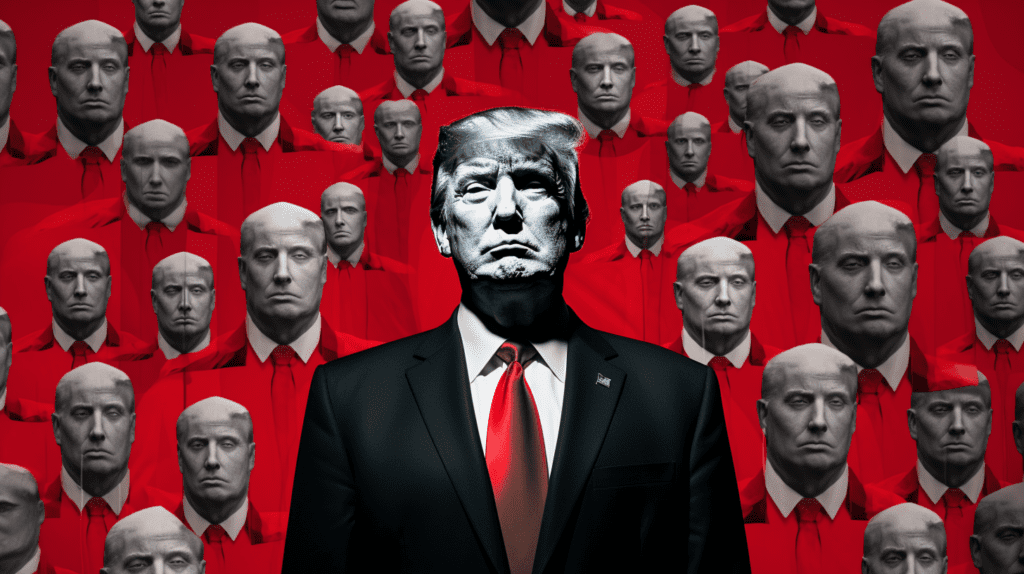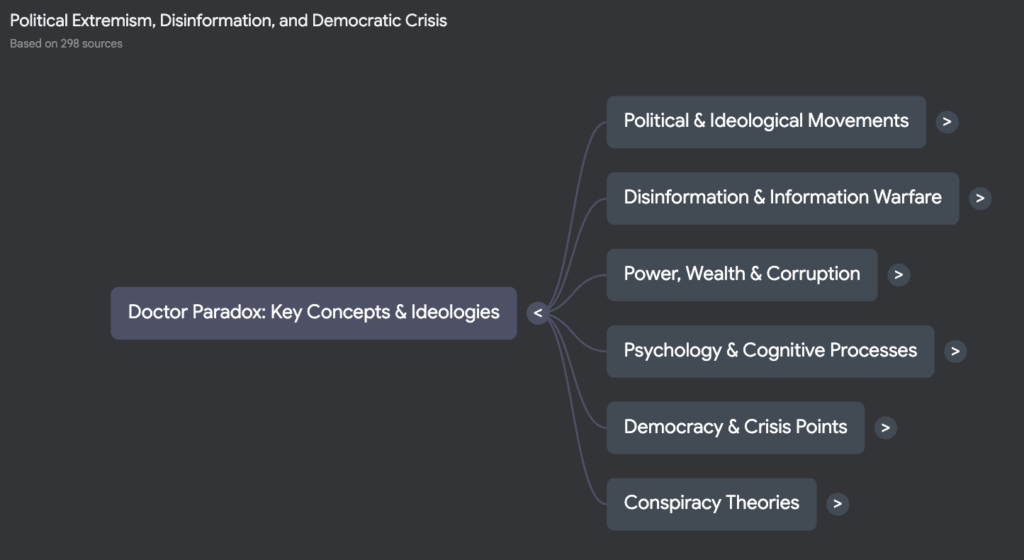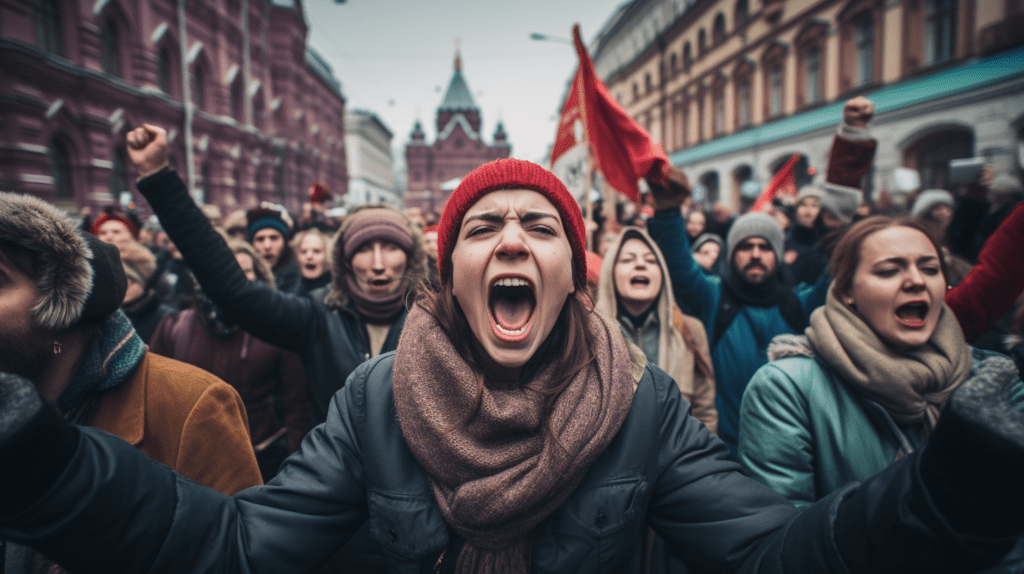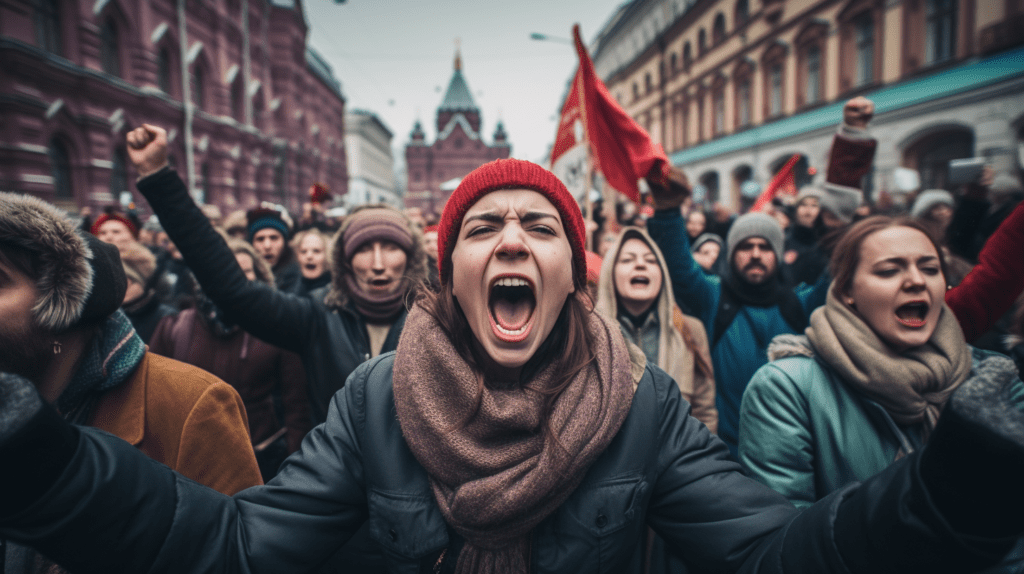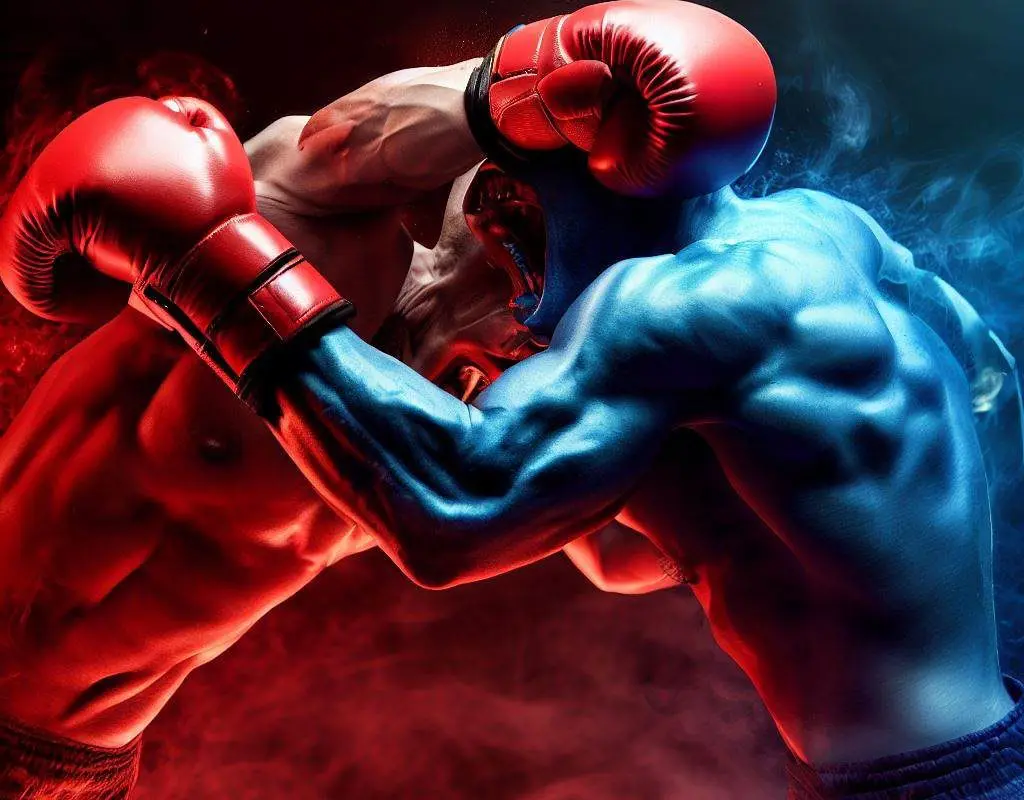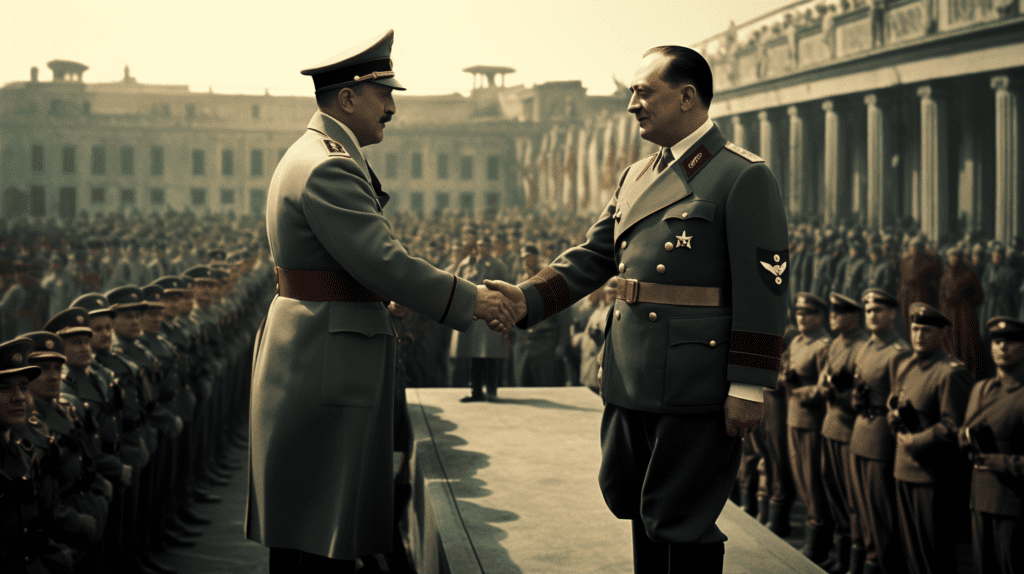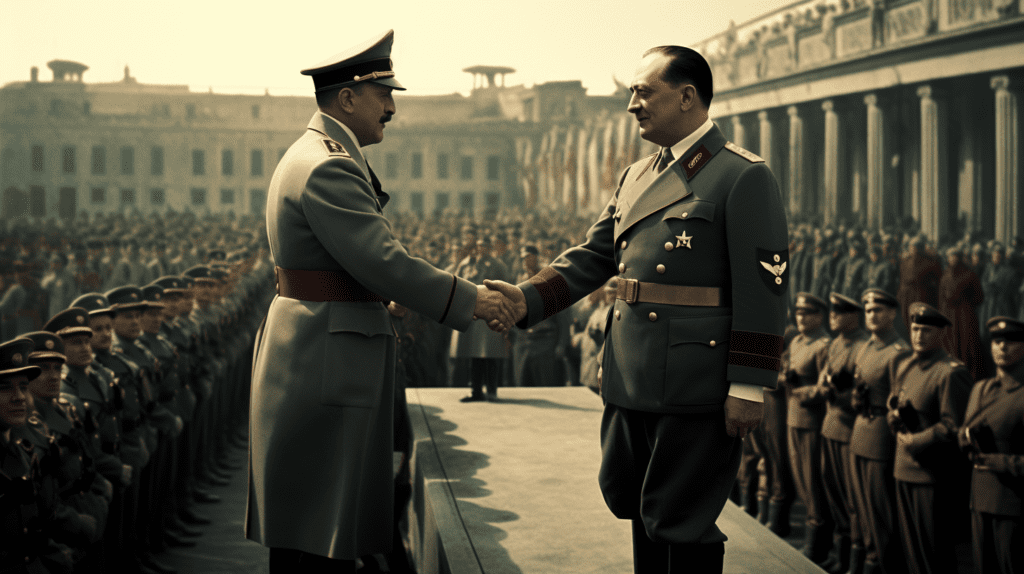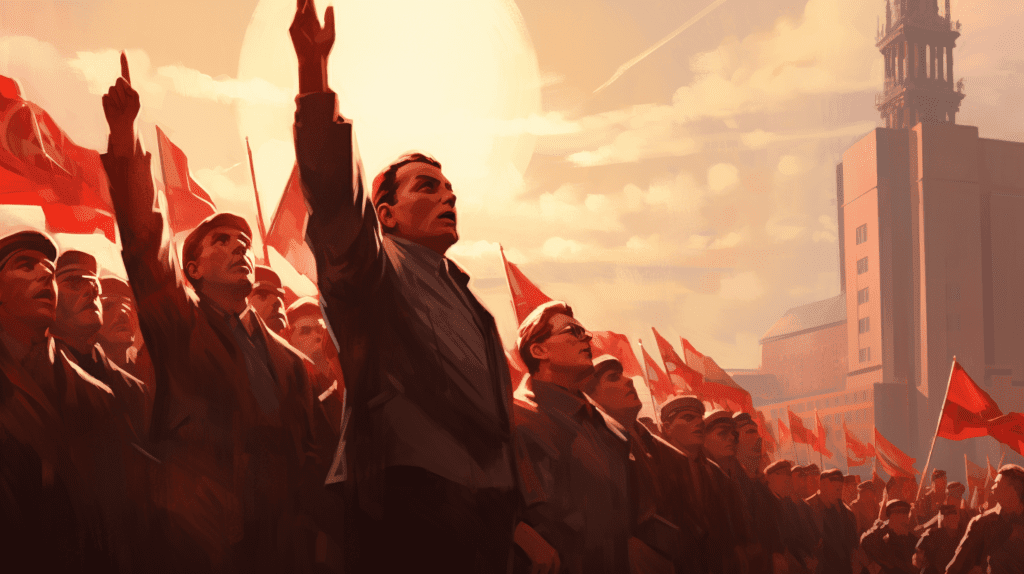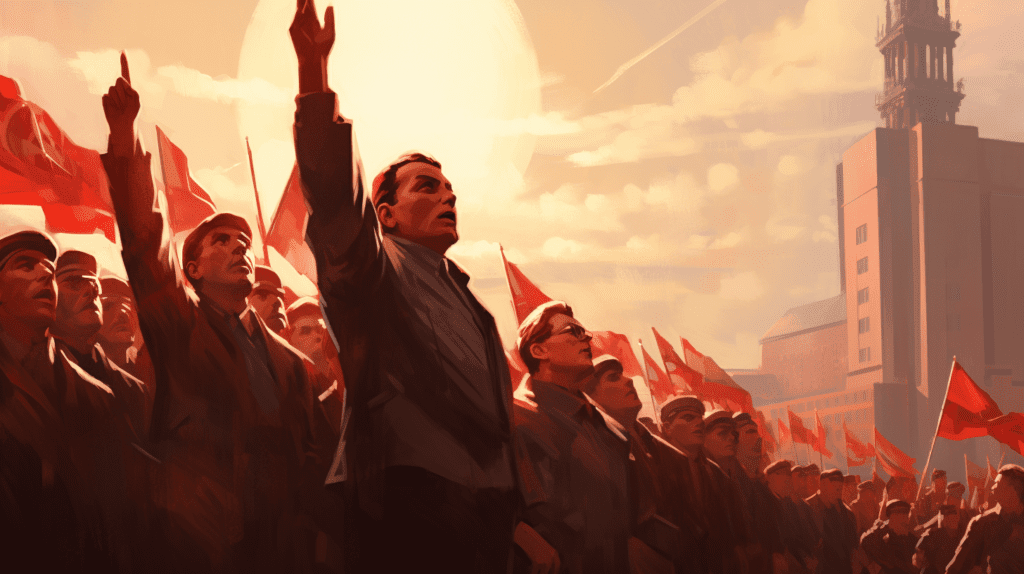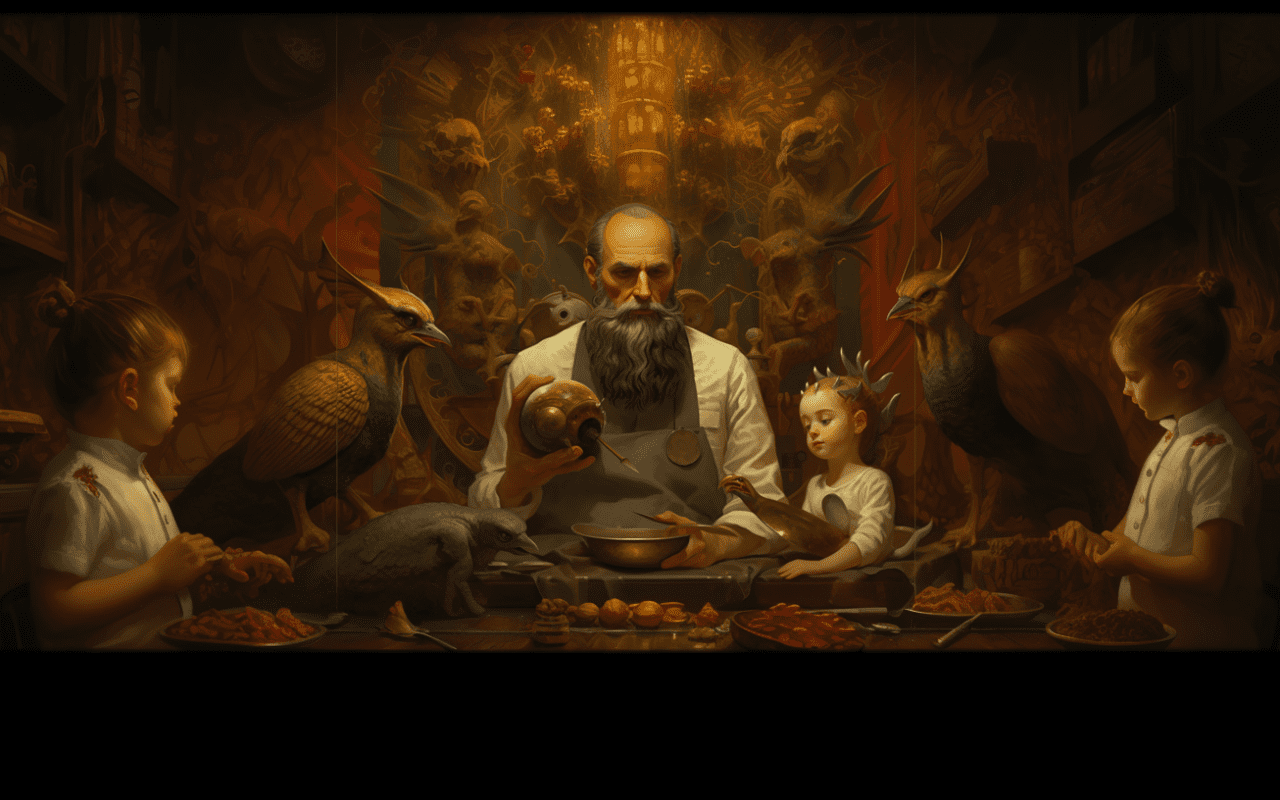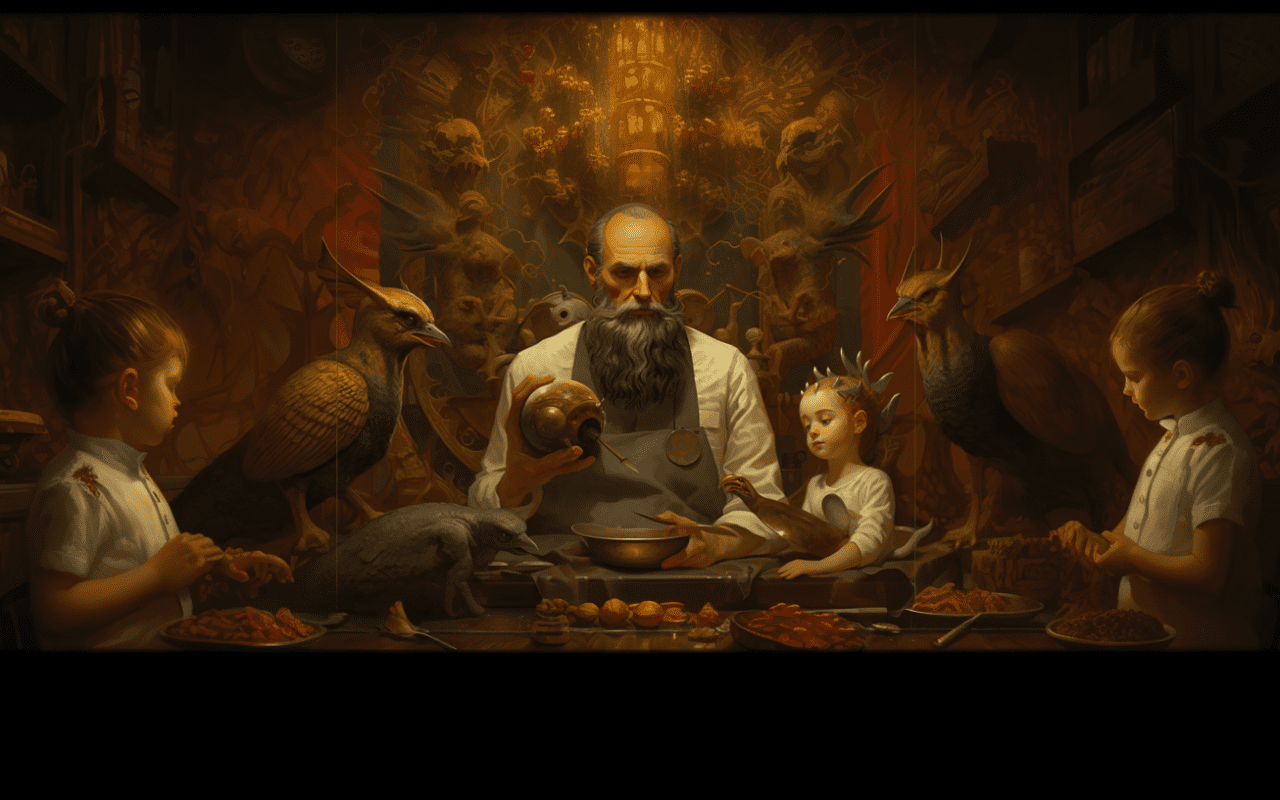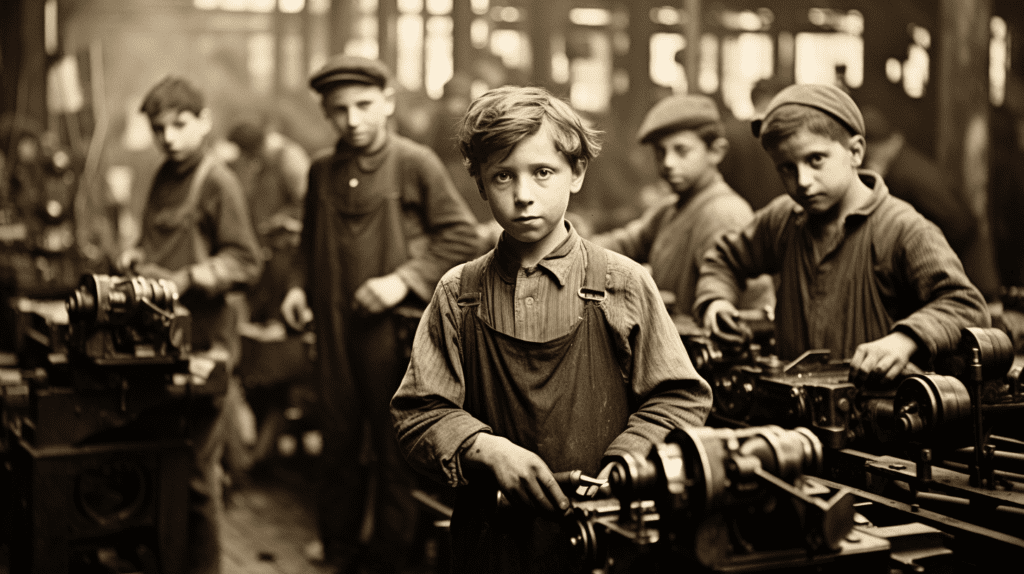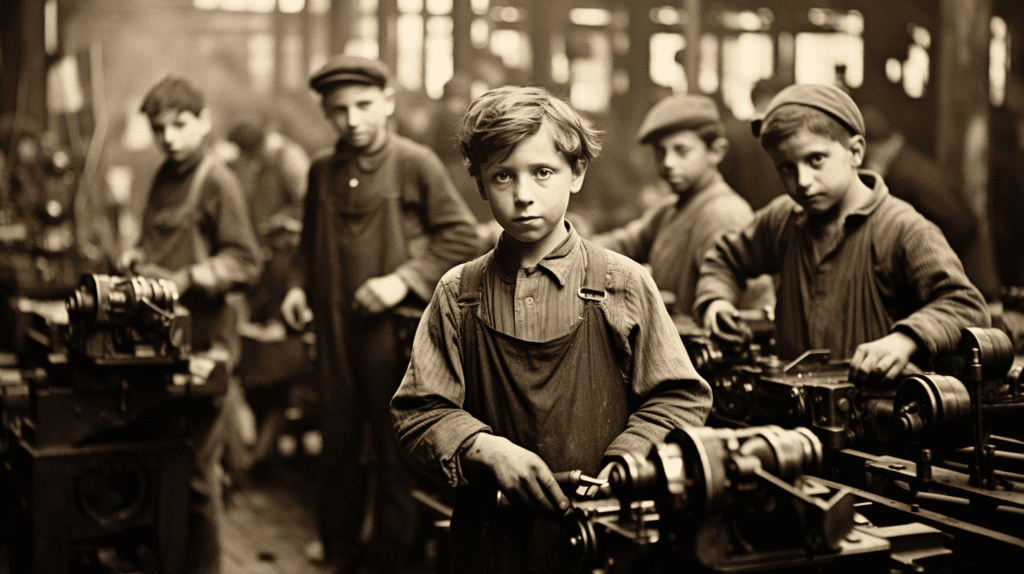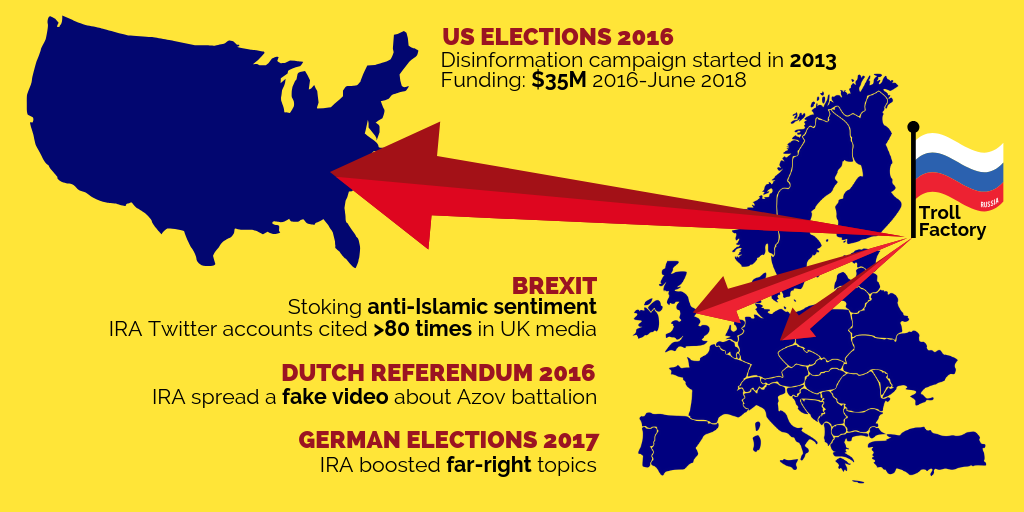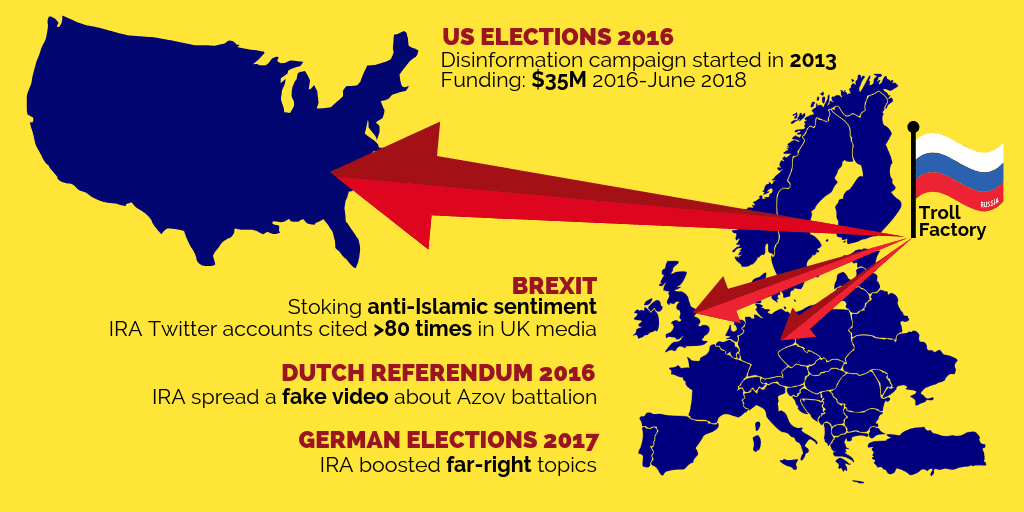High demand groups and cults are terms often used interchangeably, but they do have nuanced differences. Both are social organizations that exert a high level of control over their members, but the degree and nature of that control can vary.
High-Demand Groups vs. Cults
High-Demand Groups
These are organizations that require a significant commitment of time, resources, or emotional investment from their members. They can be religious, political, or even corporate in nature.
The key characteristic is the level of demand they place on members, which can sometimes be excessive but not necessarily harmful. One thing to watch for is if the commitment seems to steadily (or even quickly) increase over time — that’s a definite red flag.
Cults
A cult is a more extreme form of a high-demand group. Cults often have charismatic leaders who claim exclusive knowledge or power. They employ manipulative tactics to control members, isolating them from friends and family, and exploiting them emotionally, financially, or physically.
Often these cult leaders are narcissists, sociopaths, or even psychopaths. They feel no empathy and no shame, and get a cheap thrill from deceiving and manipulating others for their personal benefit.

The Relationship Between the Two
All cults are high-demand groups, but not all high-demand groups are cults. The line between the two can be blurry. A high-demand group becomes a cult when it starts to harm its members through manipulation, exploitation, or abuse.
Both cults and high demand groups often feature narcissists at all ranks, but especially in the leadership. Look for signs and behaviors like projection, emotional blackmail, black and white thinking, magical thinking, and word salad.
Recognizing high-demand groups and cults
- Charismatic Leadership: A single, charismatic leader who is the ultimate authority is a red flag.
- Isolation: Efforts to cut you off from friends and family should be taken as a warning sign.
- High Time Commitment: If the group demands an inordinate amount of your time, be cautious.
- Financial Exploitation: Be wary if you’re asked for large sums of money or to give up your financial independence.
- Exclusive Beliefs: Claims that the group has exclusive access to truth, salvation, or power are concerning.
- Fear and Guilt: Manipulation through fear, guilt, or threats is a classic control tactic.
- Lack of Transparency: If the group is secretive about its activities, goals, or finances, that’s a red flag.
How to avoid them
- Research: Always do your homework before joining any group. Look for testimonials or reports from ex-members.
- Consult Trusted Sources: Talk to friends, family, or professionals about the group.
- Take Your Time: Don’t rush into commitment. High-demand groups often pressure new recruits to make quick decisions in order to get you on the back foot.
- Set Boundaries: Make it clear what you are and are not willing to do.
- Trust Your Instincts: If something feels off, it probably is. Your gut knows!


High-demand groups and cults can have a profound impact on individual lives, often in detrimental ways. While high-demand groups may offer a sense of community and purpose, they can cross into harmful territory when they become exploitative or abusive, turning into cults. Recognizing the signs and knowing how to avoid them is crucial for safeguarding your emotional and financial well-being.
